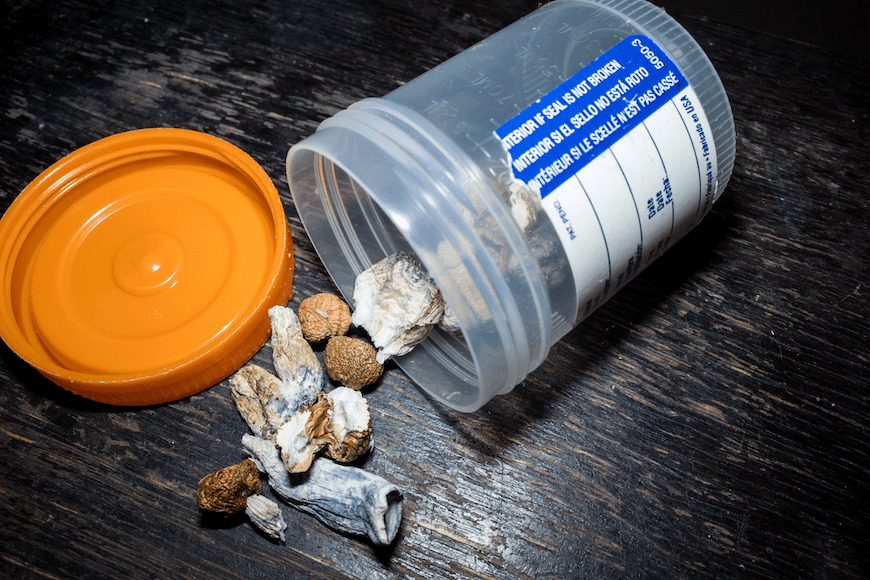Drug maker Eli Lilly announced its experimental drug donanemab slowed cognitive decline by 35 percent compared to placebo. While not a cure, it could help delay cognitive deterioration and allow patients diagnosed with Alzheimer’s disease to live independently for longer, the announcement read.
Modest But Encouraging Results
“We are extremely pleased that donanemab yielded positive clinical results with compelling statistical significance for people with Alzheimer’s disease in this trial,” Daniel Skovronsky, MD, Lilly’s chief scientific and medical officer and president of Lilly Research Laboratories, said in the announcement. “This is the first Phase 3 trial of any investigational medicine for Alzheimer’s disease to deliver 35 percent slowing of clinical and functional decline.”
Brain Atrophy, Cognitive Decline, and First-Episode Psychosis
Amyloid Load and Depression in Older Adults
The claims are based on the TRAILBLAZER-ALZ 2 study, a trial involving 1,736 patients with early symptomatic Alzheimer’s disease. The study divided participants based on the level of the tau protein in their brains. Tau tangles and clumps in the brain are often seen as a marker of how quickly Alzheimer’s progresses. The primary analysis focused on people with an intermediate level of tau and Alzheimer’s symptoms.
Subjects taking donanemab benefited from slowed cognitive and functional decline. In this population, the primary endpoint showed a 35 percent slowing of decline. A key secondary endpoint showed a 36 percent slowing of decline over 18 months. Nearly half of patients remained stable for a year, compared with about 30 percent of the placebo group. Participants taking donanemab had 40 percent less decline in their ability to perform daily activities at 18 months. And they had a 39 percent lower risk of progressing to the next stage of the disease compared to placebo.
Potential Downsides
Donanemab sometimes led to serious side effects in the study. Nearly a quarter of the patients developed signs of swelling in the brain, with about six percent of those experiencing symptoms like dizziness, headache, or fainting. Over 30 percent developed a brain bleed. Most adverse events were mild-to-moderate, but three patients in the study died from extreme brain swelling.
Trial data has not yet undergone peer review. However, the company said it plans to submit the drug for regulatory approval as quickly as possible, starting with the US Food and Drug Administration (FDA) sometime in the next few months.
Expanding treatment options is good news for the more than six million Americans living with Alzheimer’s. After years of disappointing research results, donanemab adds to a growing number of Alzheimer’s treatments that have shown some ability to delay the progression of the disease.
One recent example, FDA-approved Leqembi also targets amyloid plaque. In trials, this drug offered some positive results with similar safety concerns as donanemab.



